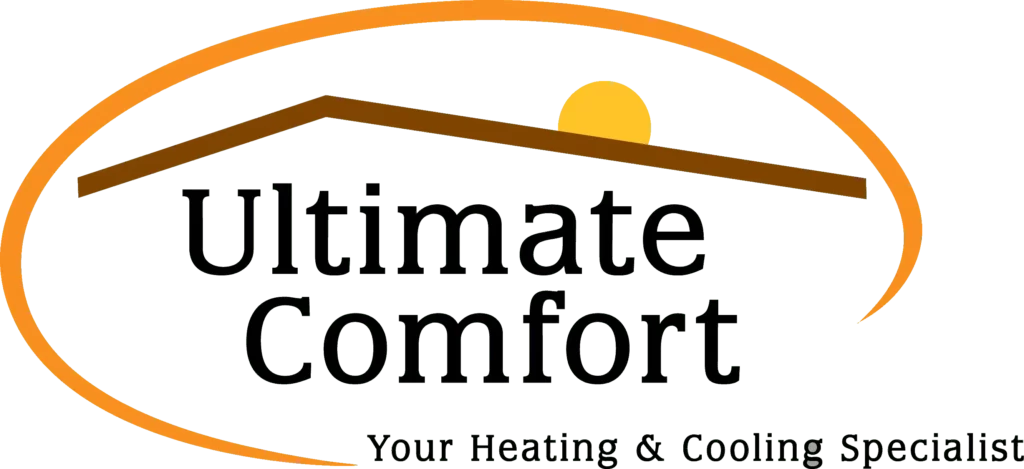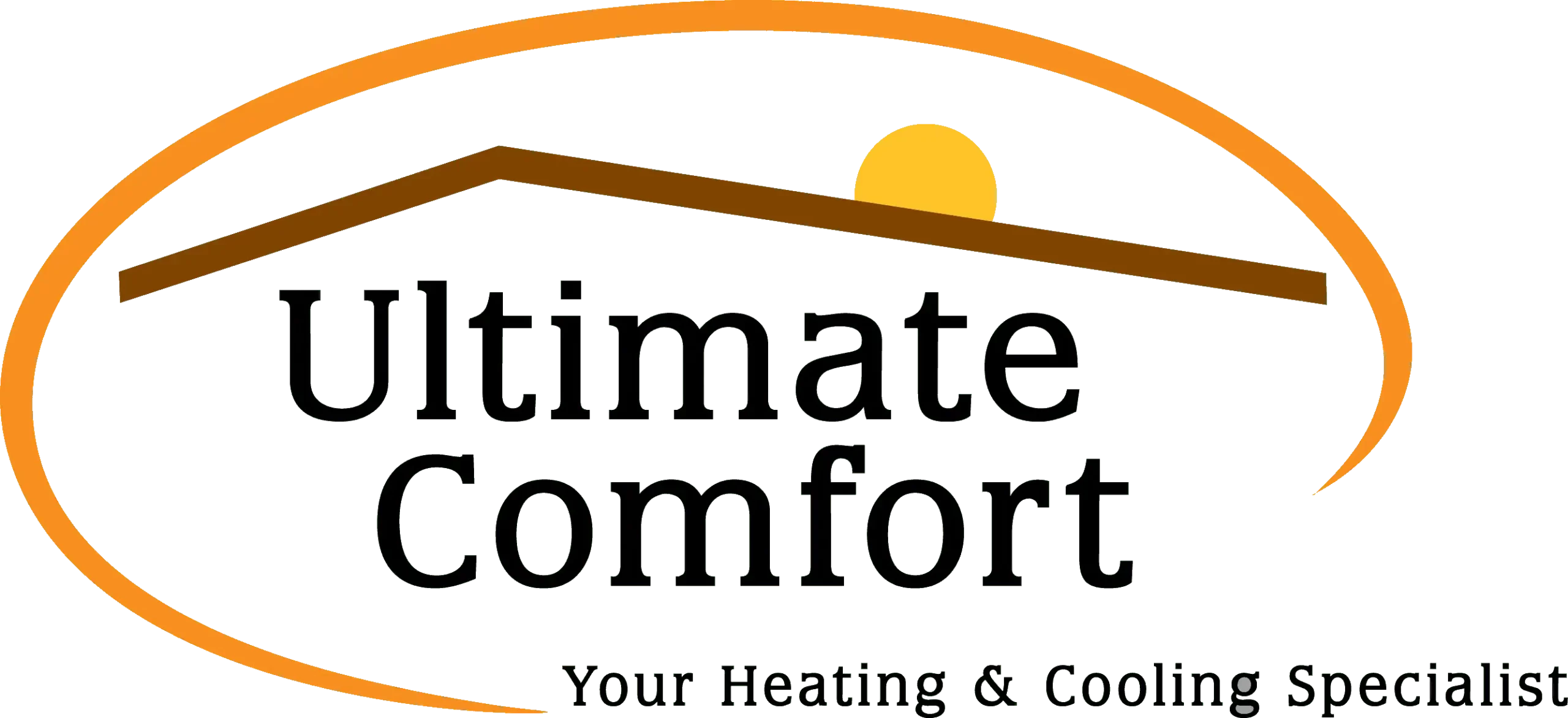You’re saving up for that summer holiday you’ve been dreaming about. But before saving up any more, you must check your heating bills.
Are you doing anything that could cost you a fortune on your heating bill?
Here are some everyday bad heating habits that could cost you money and how to avoid them.
Everyday Heating Habits That Can Increase Your HVAC Bills
Keeping your heating, ventilation, and air conditioning (HVAC) system running efficiently is essential for your comfort and wallet. Many people unknowingly engage in habits that can drive up their heating costs. Being aware of these common pitfalls and making a few simple changes can significantly reduce your energy consumption and save money on your HVAC bills. In this article, we’ll explore five everyday heating habits and discuss how you can avoid them.
Ignoring Regular HVAC Maintenance
Regular maintenance is crucial for running your HVAC system efficiently and avoiding costly repairs. Unfortunately, many homeowners and businesses neglect this aspect, decreasing system performance and increasing energy consumption.
You may be unknowingly wasting money on your HVAC bills by skipping routine maintenance tasks such as cleaning or replacing air filters, checking for leaks, and inspecting the ductwork.
When air filters become clogged with dust and debris, they restrict the airflow and strain the system. This reduces its efficiency and forces it to work harder to achieve the desired temperature. As a result, you’ll end up using more energy and experiencing higher HVAC bills. By neglecting to check and change air filters regularly, you’re essentially allowing your HVAC system to function at suboptimal levels.
Cranking Up the Thermostat
When the temperatures drop, it’s tempting to crank up the thermostat to stay warm and cozy. However, this habit can quickly add up to higher energy costs.
Consider adjusting your thermostat to a lower temperature to save on heating costs and improve air quality. You can still maintain a comfortable indoor environment without compromising your budget. For example, instead of setting the temperature at 72°F, try lowering it to 68°F or even lower if you’re comfortable. Each degree you can adjust downward will result in noticeable savings on your energy bill.
Investing in a programmable thermostat can also help you regulate your heating system more efficiently. These thermostats allow you to program different temperature settings based on your daily schedule. Using a programmable thermostat, you can ensure that your HVAC system isn’t working unnecessarily and save money on your monthly bills.
Neglecting Home Insulation
Proper insulation is critical to reducing heat loss in your home or business. If you have poor insulation, heat can escape through walls, windows, and even the roof, causing your HVAC system to work harder to maintain a comfortable indoor temperature. This not only leads to higher energy consumption but also higher HVAC bills.
One of the most common places where heat escapes is through windows and doors. The gaps around windows and doors can let in drafts of cold air, which forces your HVAC system to work harder to compensate for and maintain the desired temperature. The solution to this problem is to seal any air leaks. You can use weatherstripping or caulking to fill in gaps around windows and doors, preventing drafts and reducing heat loss. This simple and inexpensive improvement can significantly impact your heating costs.
In addition to sealing air leaks, adding insulation to your attic, walls, and floors can further improve the efficiency of your home’s heating system. Attic insulation is essential as heat rises and escapes through the roof. Adding a layer of insulation in your attic can prevent heat from escaping and reduce the workload on your HVAC system.
Keeping Unused Rooms Heated
Do you have rooms in your home or business that are rarely used? If so, keeping them heated all the time is a waste of energy and money. Yet, many people fall into the habit of heating every room on their property, regardless of whether it’s occupied.
A simple solution to this problem is to close the vents and doors of unused rooms. This prevents heated air from being wasted in areas that don’t require heating. Doing so can redirect the airflow to the occupied areas, ensuring that you only heat the needed spaces. This small change can lead to significant energy savings and a noticeable reduction in your HVAC bills.
It’s important to note that closing the vents and doors in unused rooms may temporarily affect the balance of your HVAC system. If the system is designed to heat or cool a specific number of rooms, closing sure vents may affect airflow and pressure. To avoid potential issues, consult an HVAC professional to discuss the best approach for your specific system.
Using Incandescent Light Bulbs
Believe it or not, the type of light bulbs you use can also impact your heating costs. Incandescent light bulbs produce a significant amount of heat while emitting light, which can increase the temperature in a room. This can lead to a higher demand for the HVAC system to cool down the space, increasing energy consumption and expenses.
Consider switching to more energy-efficient alternatives such as LED (Light Emitting Diode) or CFL (Compact Fluorescent Lamp) bulbs to save on lighting and heating costs. LED and CFL bulbs produce significantly less heat than incandescent bulbs while providing the same brightness level. This means they require less energy and won’t contribute to unnecessary heating in your space.
LED bulbs have the added advantage of lasting longer than traditional incandescent bulbs. They can operate for up to 25,000 hours or more, compared to the average lifespan of around 1,200 hours for incandescent bulbs. By making the switch, you reduce your energy consumption and save money on replacements in the long run.
Get Rid Of Bad Heating Habits
By being aware of these everyday lousy eating habits and making simple changes, you can significantly reduce your energy consumption, lower your HVAC bills, and save money. Remember to prioritize regular HVAC maintenance, adjust your thermostat to a lower temperature, improve home insulation, close vents in unused rooms, and switch to energy-efficient light bulbs.
Implementing these strategies will help you lower your heating costs and contribute to a greener and more sustainable environment. So, start making these changes today; visit our website and enjoy the benefits of a more efficient HVAC system and reduced bills.


